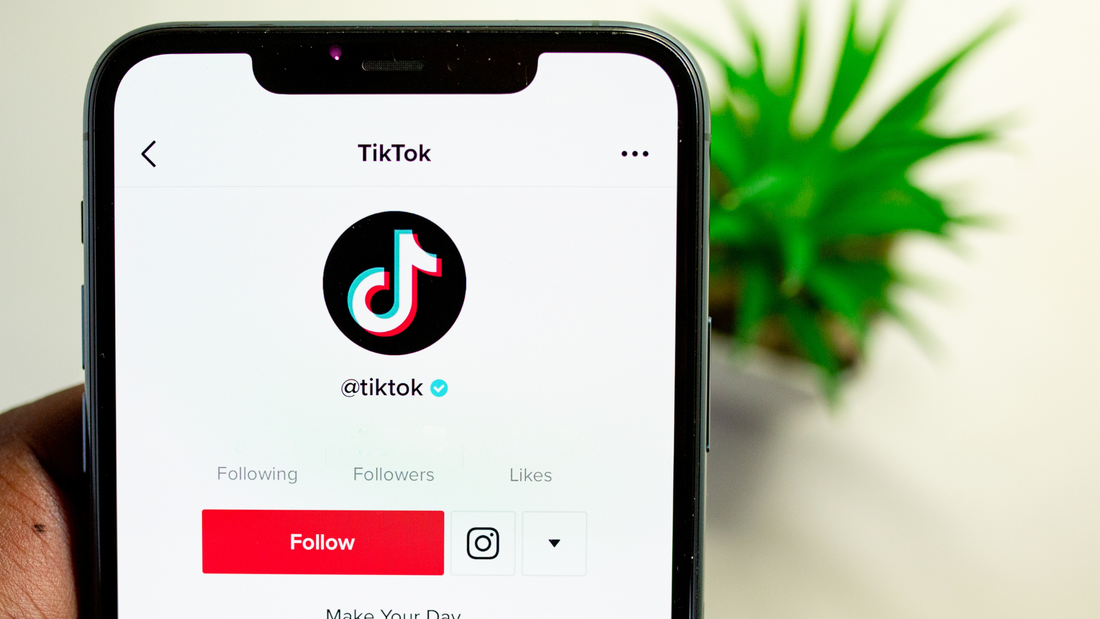|
A federal judge in Texas has upheld the state’s TikTok ban on devices used for government business. It’s the right ruling – a correct response to a precise law which undergirds the state’s legitimate interest in prohibiting the use of a potentially harmful social media app in official settings.
TikTok is a Chinese company with user data stored on servers in the PRC. It holds inordinate sway over young people in the US, with 67% of teens using the platform with some regularity, according to Pew. Yet, there is now credible public evidence that China’s officials enjoy open access to personal data on the platform, using it to spy on pro-democracy protestors. An employee of ByteDance, the corporate owner of TikTok, has made that claim. The Coalition for Independent Technology Research filed the lawsuit in July, arguing that the Texas ban compromises academic freedom. One teacher from the University of North Texas even suggested that they cannot sufficiently assign work without use of the app. Texas’ law specifically disallows the use of TikTok on state-owned, official devices. That’s in contrast to Montana’s outright ban on the app – for everyone. There, U.S. District Judge Molloy asserted that Montana’s law infringed on free speech rights and exceeded the bounds of state authority. He was right, too, and it was a significant affirmation of the importance of safeguarding fundamental rights in the digital age, particularly within the context of online platforms that serve as crucial arenas for expression. This court split exemplifies the balance we must strike between protecting user freedoms and enabling a safe digital environment without compromising free expression. States have every right to prohibit use of a foreign-controlled app on government owned phones. At the same time, blanket banning of TikTok is neither a constitutional nor reasonable response. Americans can speak freely and freely associate, even if they are unaware of the implications in doing so. State officials and employees, by contrast, are subject to different rules. But they are welcome to use TikTok on their personal phones. As Judge Robert L. Pitman correctly asserts, state universities constitute a “non-public” forum – the touchstone of which is whether “[restrictions] are reasonable in light of the purpose which the forum at issue serves.” Here, “Texas is providing a restriction on state-owned and -managed devices, which constitute property under Texas’s governmental control….” It is both viewpoint neutral and reasonable – which is all that is needed in such cases. Whether TikTok itself is viewpoint neutral is a question for another day. Comments are closed.
|
Archives
June 2024
Categories
All
|
ABOUT |
ISSUES |
TAKE ACTION |



 RSS Feed
RSS Feed